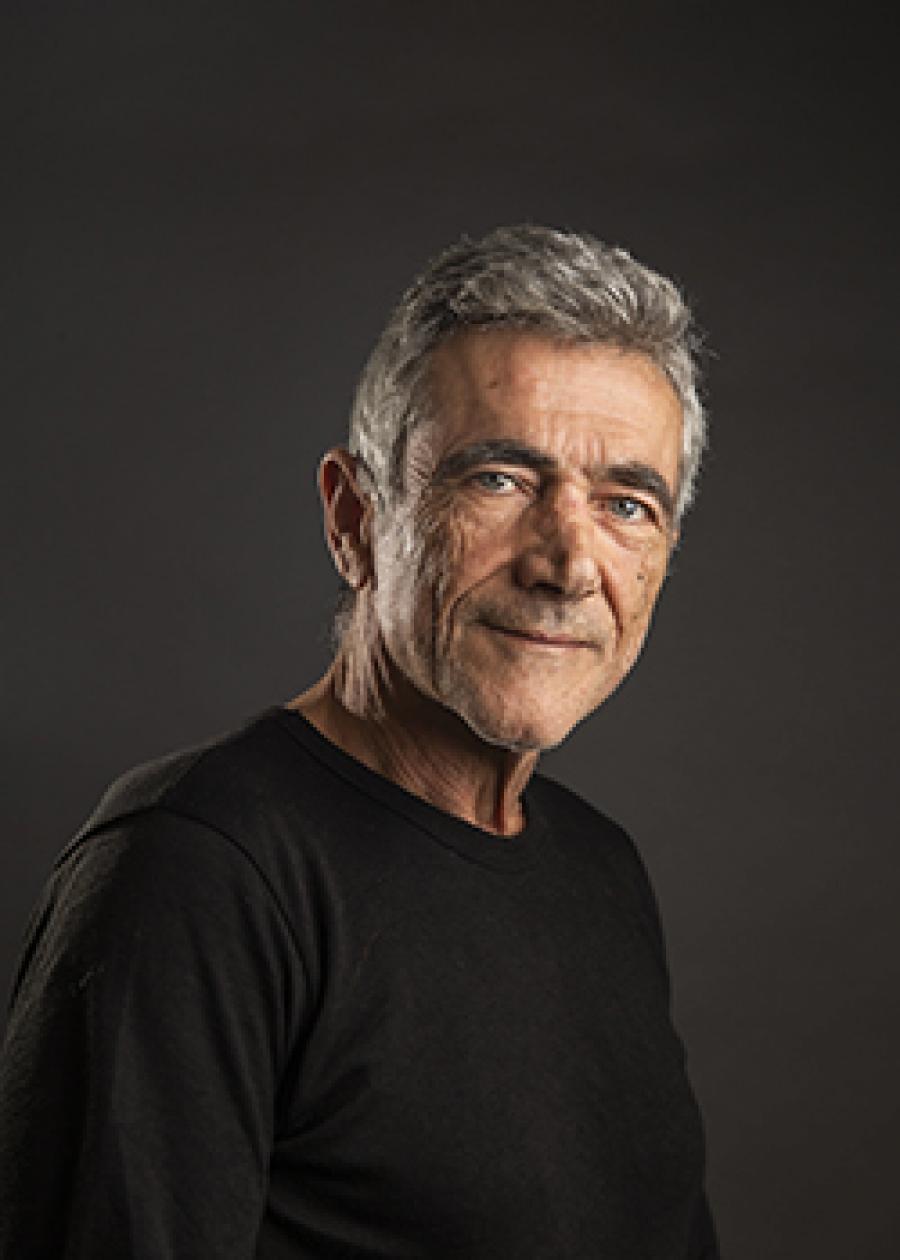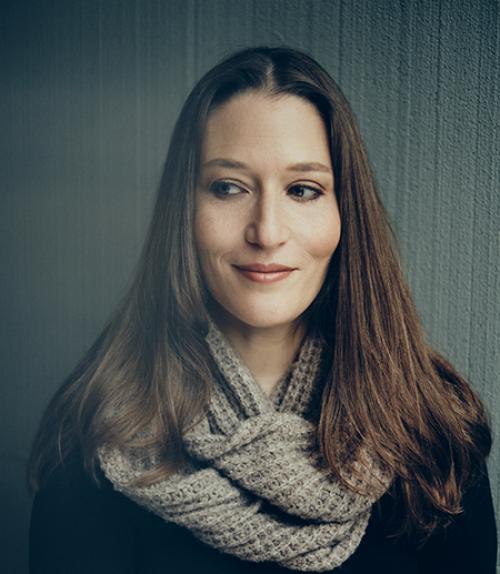The National Endowment for the Arts has honored Rebekah Maggor, translator, theatre director, and assistant professor in the Department of Performing & Media Arts, with a Literature Fellowship in Translation. Her project is a collaboration with Mas’ud Hamdan, playwright, poet, and professor of Arabic literature and theatre at the University of Haifa.
Maggor’s fellowship supports translation work for New Plays from Palestine: Theatre Between Home and Exile, a collection to be published by Martin E. Segal Theatre Center in partnership with Theatre Communications Group. The collection brings together new drama by Palestinian writers from the West Bank, Israel, Syria and the United States, including plays by Hamdan, Bashar Murkus, Rama Haydar and Ismail Khalidi.
“These plays offer grassroots perspectives on war, exile, occupation, and displacement, and push the boundaries of dramatic form.” Maggor says. She will co-edit the collection with Hamdan and distinguished theatre professor and Cornell alumnus Marvin Carlson ’61.
Maggor is one of 24 Literature in Translation Fellows for fiscal year 2020. In total, the Arts Endowment will award $300,000 in grants to support the new translation of poetry, prose and drama from 19 countries into English.
“We’re delighted to receive this award,” Maggor said. “It will give us the time we need to prepare our translations for publication.”
“Most importantly,” Maggor added, “it will draw much deserved attention to these excellent playwrights. There is a rich canon of Palestinian drama in Arabic and we are gratified to contribute to the small, but growing, list of these works now available in English translation.”
Maggor points out that there many misconceptions around translation. “Some people assume that translation is simply a substitution of linguistic equivalents—a technical chore that any bilingual person, or even a computer program, can accomplish. But translators travel far beyond the words on a page to a nexus of research and creative writing. We study the historical context, the political currents and the artistic influences that flowed into a text and then, with faithfulness, doggedness, and flights of fancy, reconstruct them in another language and culture.”
As a theatre artist and scholar, Maggor’s work centers on political theatre and drama in translation. Her research focuses on contemporary Arabic drama from Egypt, Palestine and Syria. She also co-edited Tahrir Tales: Plays from the Egyptian Revolution, published by Seagull Books. As a director, Maggor has staged her translations at venues across the U.S. including the Huntington Theatre Company, Golden Thread Theatre, PEN World Voices Festival, the Segal Theatre Center, and Harvard University. At Cornell, she most recently adapted and directed the political satire Hamlet Wakes Up Late by Syrian playwright, poet, and essayist Mamduh Adwan.
Hamdan has written and directed several plays and was founding artistic director of Al-Niqab Theater in Isifya. His plays include The Command, The Hole of the Spout, Surgery, Satirical Meal with Muhammad al-Maghut, The Devil’s Pink Cloak, The Game of the Box and the Scales, among others. He has also published four collections of poetry and numerous articles on theatre and comparative literature. His monographs include The Bitter Cup and the Holy Rain: Politics, Poetics and Protest in the Arab Theatre with Sussex Academic Press, Text, Theory, Interpretation: Theories and Texts as Psycho-cultural Prisms for Magnes Press, and Writing for Truth: Modern Arabic Theorizations and Creations as Critical Culture published by Dar Alfarabi.Since 1981, the NEA has awarded 504 fellowships to 445 literary translators, with translations representing 70 languages and 86 countries. Click here for the full list of fiscal year 2020 Literature Translation Fellowships.
Visit the agency’s Literature Fellowships webpage to read excerpts by and features on past recipients of Literature Fellowships for translation projects and Creative Writing Fellows. For more information on literature at the National Endowment for the Arts, go to arts.gov.





